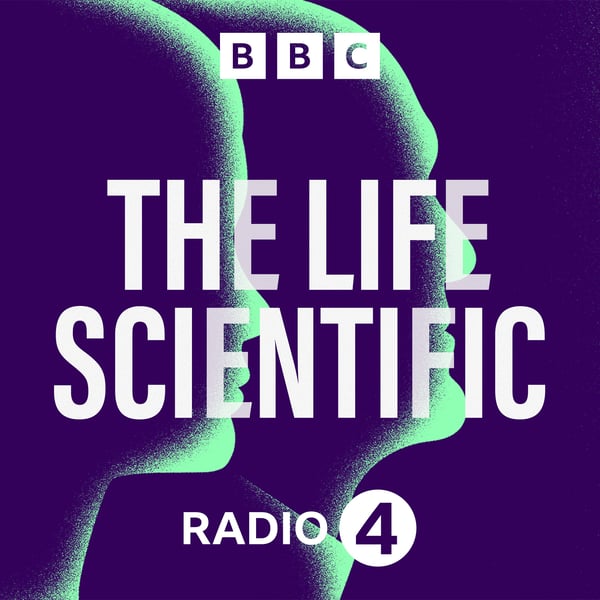Jacqueline McGlade on monitoring the environment from space
The Life Scientific
BBC
4.6 • 1.4K Ratings
🗓️ 23 October 2018
⏱️ 28 minutes
🧾️ Download transcript
Summary
Transcript
Click on a timestamp to play from that location
| 0:00.0 | Hey, it's Doleepa, and I'm at your service. |
| 0:04.7 | Join me as I serve up personal conversations with my sensational guests. |
| 0:08.8 | Do a leap interviews, Tim Cook. |
| 0:11.2 | Technology doesn't want to be good or bad. |
| 0:15.0 | It's in the hands of the creator. |
| 0:16.7 | It's not every day that I have the CEO of the world's biggest company in my living room. |
| 0:20.7 | If you're looking at your phone more than you're looking in someone's eyes, you're doing the wrong thing. |
| 0:26.0 | Julie, at your service, listen to all episodes on BBC Sales. BBC Sounds, music, radio podcasts. |
| 0:36.0 | Jacqueline McLade makes mathematical models to describe the behavior of the natural world. |
| 0:42.0 | For her PhD, she studied everything there was to know about a single species of fish, the |
| 0:46.7 | Brooke Trout. |
| 0:48.3 | By the age of 26 she was running a Fisheries and Oceans research lab for the Federal |
| 0:52.4 | Government of Canada. |
| 0:54.0 | And she went on to develop sophisticated computer models for all sorts of environmental systems, |
| 0:59.0 | from fish populations to epidemics and global climate change. As Executive Director of the European |
| 1:05.8 | Environment Agency, she set up Europe-wide monitoring systems providing real-time |
| 1:10.6 | data on air and water quality across the continent, before becoming Chief |
| 1:15.3 | Scientist for the United Nations Environment Program. |
| 1:18.8 | Jacqueline McLade, welcome to the Life Scientific. |
| 1:20.8 | Thank you very much. |
| 1:21.8 | You've recently retired from the United Nations. What are you up to now? |
| 1:26.4 | Well I've taken on a completely different stage in my career and it's frankly like going back to the beginning |
... |
Transcript will be available on the free plan in -2349 days. Upgrade to see the full transcript now.
Disclaimer: The podcast and artwork embedded on this page are from BBC, and are the property of its owner and not affiliated with or endorsed by Tapesearch.
Generated transcripts are the property of BBC and are distributed freely under the Fair Use doctrine. Transcripts generated by Tapesearch are not guaranteed to be accurate.
Copyright © Tapesearch 2025.

